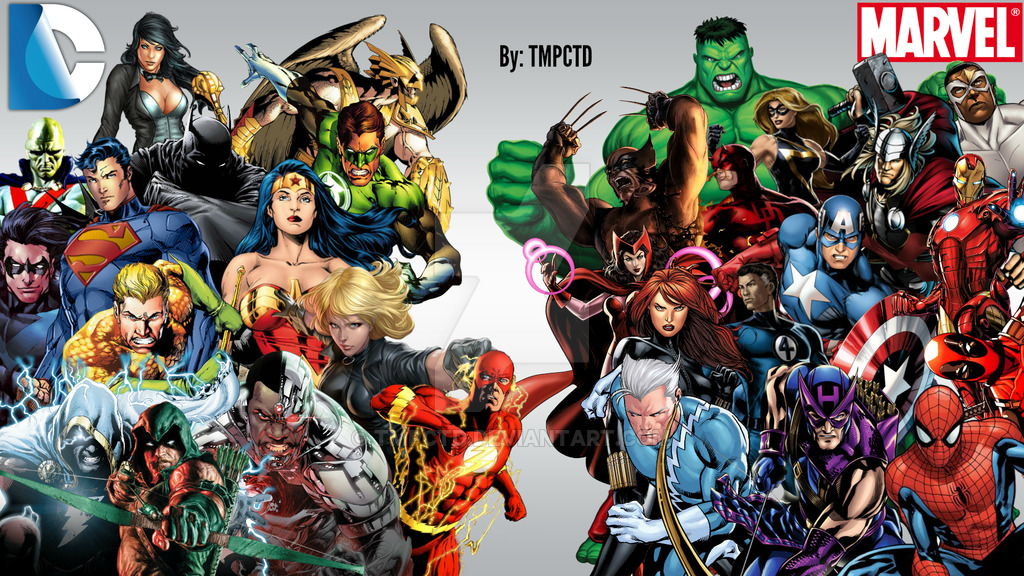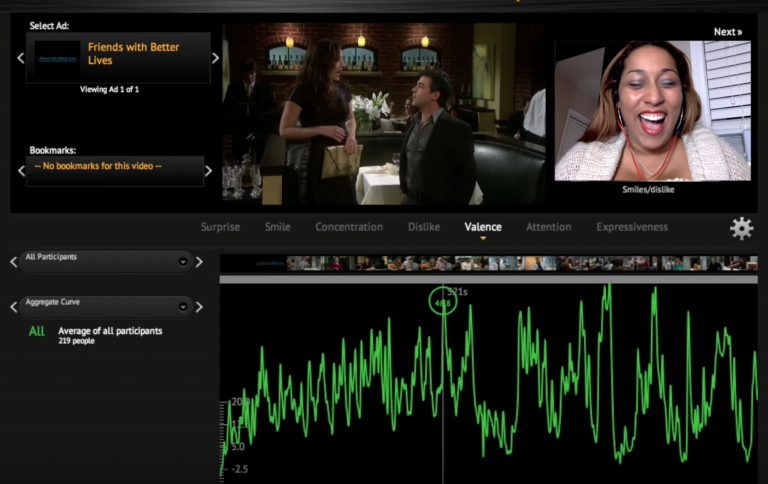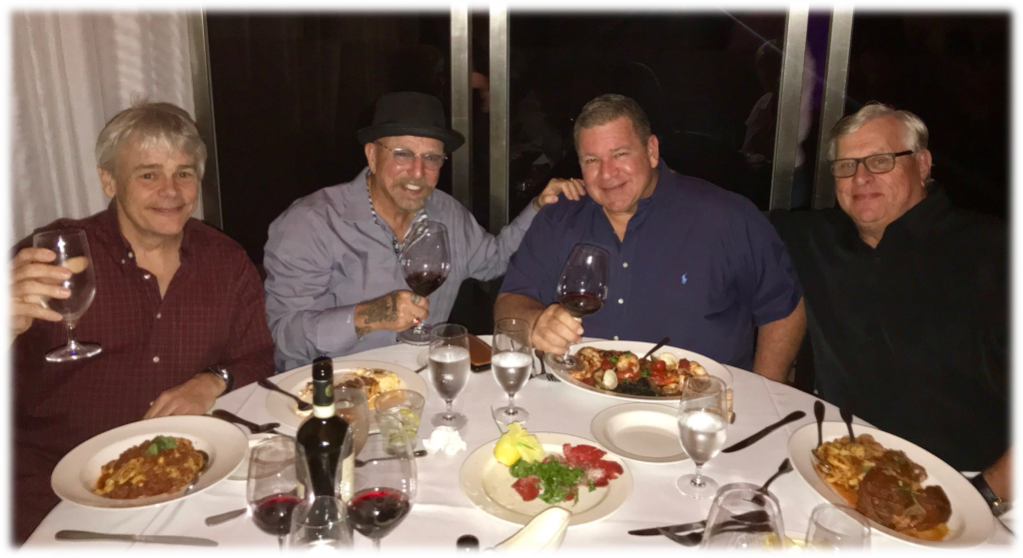
Oftentimes, life comes down to simple binary choices. These either/or decisions often define the person you are (or how you wish to be perceived by others).
- Apple vs. Android
- Michigan vs. Michigan State
- Starbucks vs. Dunkin Donuts
- Ginger vs. Mary Ann
- D.C. vs. Marvel
On that last one, I grew up a fan of D.C. Comics. It was the big guns – Superman and Batman – that hooked me. But soon, I started enjoying other D.C. superheroes – the Flash, Green Lantern, Wonder Woman, and even Aquaman. The Justice League series was like an All-Star Game. I became an avid collector, until of course my mom made me sell the entire lot to the barber shop down the street for pennies on the dollar. I still have not forgiven her.
Meanwhile, I was peripherally aware of the Marvel series, but just not very interested in those other characters. I had a basic knowledge of their versions of superheroes but I was satisfied with my D.C. buddies.
Decades later, the comic book industry has blossomed into a multi-billion dollar, multi-platform genre that has spawned its own conventions that travel around the globe, as well as blockbuster motion picture franchises that have kept the big studios competitive even as fewer of us enjoy going to the movies.
Today, box office revenues tell the story. And all the arrows point to Disney’s Marvel characters outdoing their D.C. counterparts.
Why is this? In spite of legendary characters with massive recognition and followings, why do D.C. bigwigs like Superman and Batman lag behind Spider Man and Iron Man?
According to AdWeek, an automated market research, ZappiStore, has determined that trailers are often the main drivers in stimulating movie attendance.
And the secret sauce behind these brief previews is generating an emotional attachment with the superheroes among fans.
The research platform is called Affectiva, and it uses a combination of facial coding and emotion recognition. (Remember that Jerry Lee has been utilizing a similar research methodology for years now to measure reaction to radio commercials.) It’s often not just about what people say they like, but how they unknowingly react to programming content and personalities.
In an automated research study, respondents watched movie trailers and the software recorded their reactions. The screen cap below depicts reactions recorded on a respondent’s web camera, along with the “EKG-like” moment by moment response to the trailer itself, in this case, a TV sitcom:
 While the researchers determine overall preference for a trailer (how much people “love” it), they also test its ability to grab attention as well as the propensity to share the trailer with others via social media.
While the researchers determine overall preference for a trailer (how much people “love” it), they also test its ability to grab attention as well as the propensity to share the trailer with others via social media.
But the real learning revolves around the trailer’s content itself. While the special effects, pyrotechnics, and explosives often earn thumbs-up responses, they’re not enough to drive success. Instead, it comes down to the ways in which respondents respond to the superheroes themselves – especially their humor.
In the world of radio, this checks out with what we instinctively know about how listeners react to on-air personalities and teams. While it’s important to learn their overall awareness and preference levels, research often comes up short in measuring the humor factor and the ways in which people connect with radio stars.
ZappiStore reports the “Guardians of the Galaxy 2” trailer tested the best. And they attribute its performance to the wisecracking of the superheroes as well as the use of a popular classic – Fleetwood Mac’s “The Chain” – as drivers of the trailer’s (and the movie’s) success. They also note it scored well among both fans and non-fans of comic books (think of this as appealing to both P1s and P2s).
AdWeek reporter, A.J. Katz, observes that while cool sets and explosions can improve a trailer’s performance, Marvel scores better than D.C. because of “brand affinity and character connection.” Humor helps, too.
And so when we turn the essence of these research findings onto radio personality shows, the similarities resonate. We have all known and worked with shows that go out of their way to connect with fans – as well as those who simply do their shows and call it a day.

The truly great personalities aren’t just funny and talented – they have connected with their fans on a highly emotional level. More than anything else, this explains their sustainability and long-term success.
That emotional connection with listeners continues to be a key asset common to radio – especially stations that rely on local personalities who makes themselves part of their communities. Making appearances, responding to fans socially, and connecting with hometown events, teams, and groups are all elements that foster these all-important relationships.
There’s also something to be said for superheroes who are just like us – with vulnerabilities, foibles, and other very human characteristics that remind us that while they are talented, they put on their spandex uniforms one leg at a time.
Similarly, radio personalities who open themselves up, show their human sides, and even screw up now and then are often ahead of the smiley-faced, smooth, and errorless jocks who perform well, but do little to move the needle emotionally.
As this movie trailer research clearly shows, special effects are table stakes – humor and connection are often the differentiating factors that separates hit movies from blockbusters. And also-ran’s from superstar radio shows.
And by the way, a great soundtrack doesn’t hurt either. Play the hits.
- What To Do If Your Radio Station Goes Through A Midlife Crisis - April 25, 2025
- A 2020 Lesson?It Could All Be Gone In A Flash - April 24, 2025
- How AI Can Give Radio Personalities More…PERSONALITY - April 23, 2025




Leave a Reply